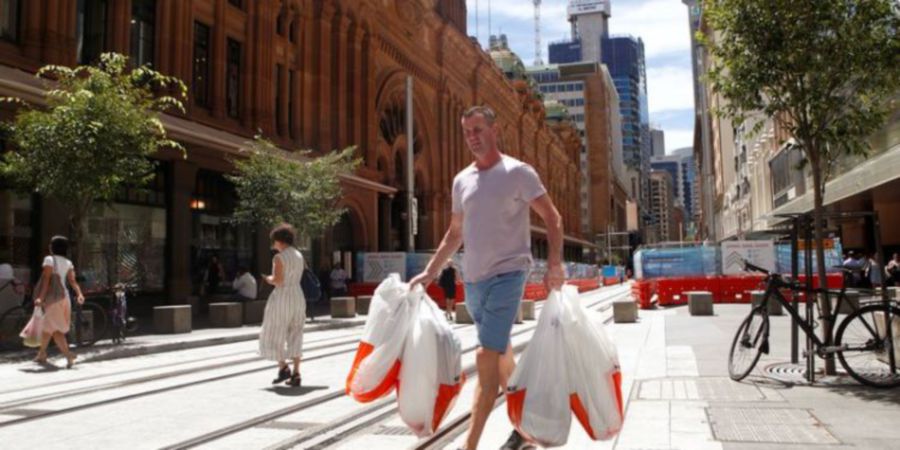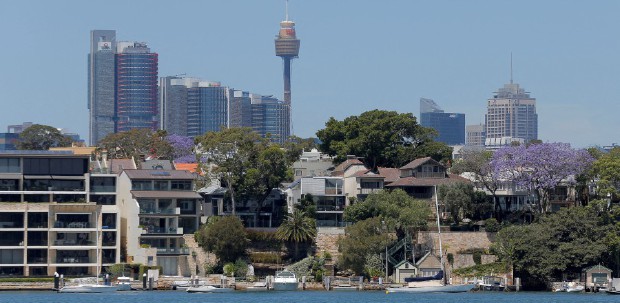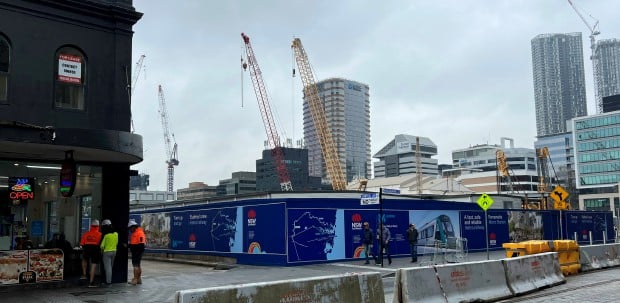SYDNEY: Australian retail sales rose at the fastest pace in eight months in September, suggesting some resilience in consumer spending which would add to the case for an interest rate hike as soon as next week.
Data from the Australian Bureau of Statistics (ABS) showed on Monday that nominal retail sales rose 0.9 per cent in September from August, better than analysts' expectations for a 0.3 per cent increase and an upwardly revised gain of 0.3 per cent for August.
Sales of A$35.9 billion were up 2.0 per cent from a year earlier, picking up for the first time since August last year when the annual gains peaked at almost 20 per cent.
Ben Dorber, ABS head of retail statistics, said a diverse range of factors drove the September results.
"The warmer-than-usual start to spring lifted turnover at departments stores, household goods and clothing retailers, with more spending on hardware, gardening, and clothing items," said Dorber.
He added that the release of a new iPhone model and the introduction of the government rebate program in Queensland to save energy costs also helped with spending on household goods.
The upside surprise in consumer spending bolsters the view that the Reserve Bank of Australia could resume its tightening as soon as next week by hiking by 25 basis points to 4.35 per cent. If it does, that would come after four months of pauses.
Markets are leaning towards such an outcome after strength in the third quarter inflation report last week. Futures now imply a chance of 61 per cent of a hike, and all of the big four Australian banks have also tipped for a rise next week.
"Sales have been resilient to higher interest rates and fast inflation over the past couple of months," said Sean Langcake, head of macroeconomic forecasting for Oxford Economics Australia.
Policymakers also worry that a sustained rebound in the housing prices could lend some support to household consumption in the period ahead. Domain, a real estate website, predicts that the housing market is set to fully recover from the recent downturn by the end of this year. - Reuters





